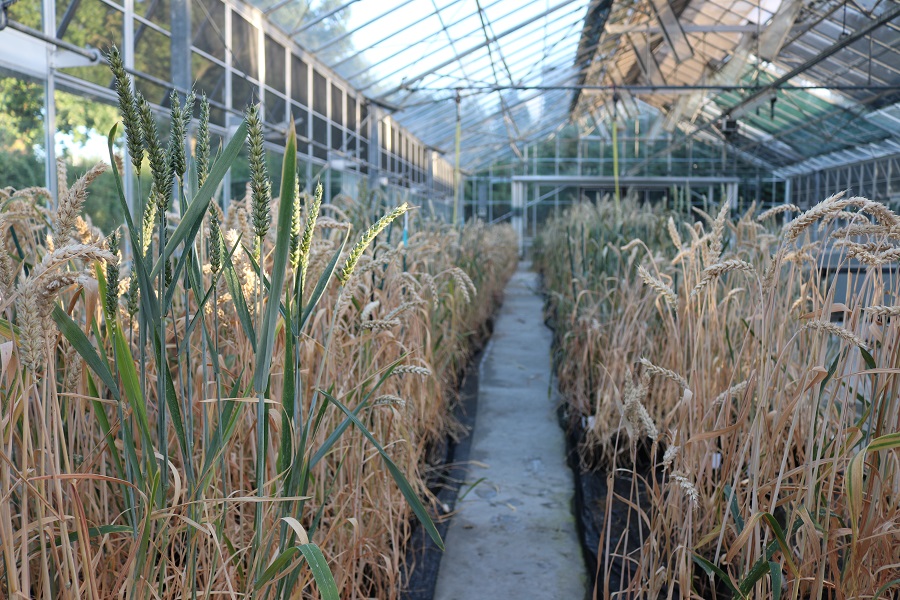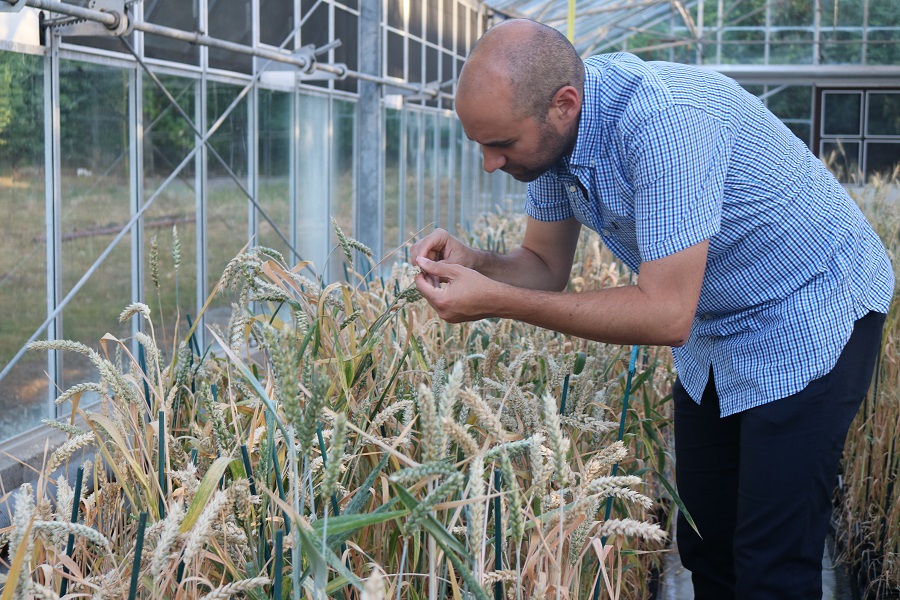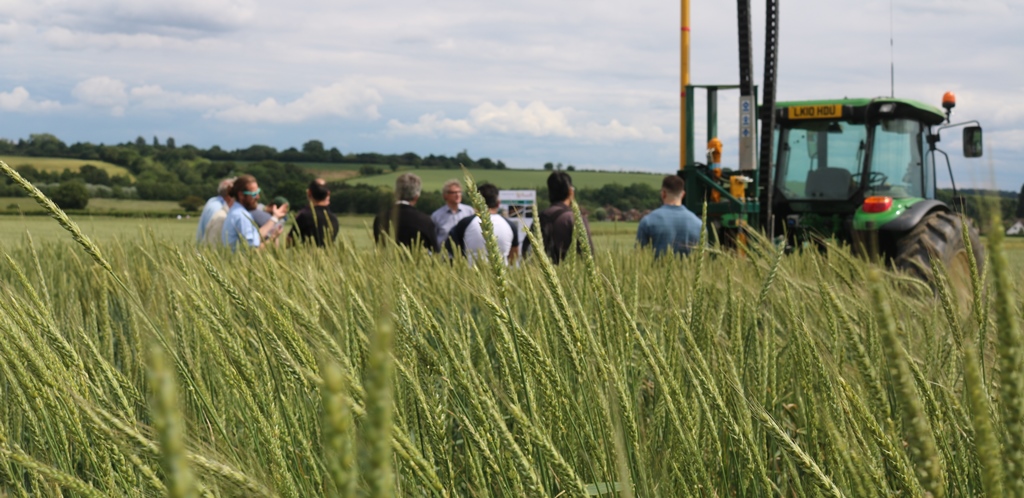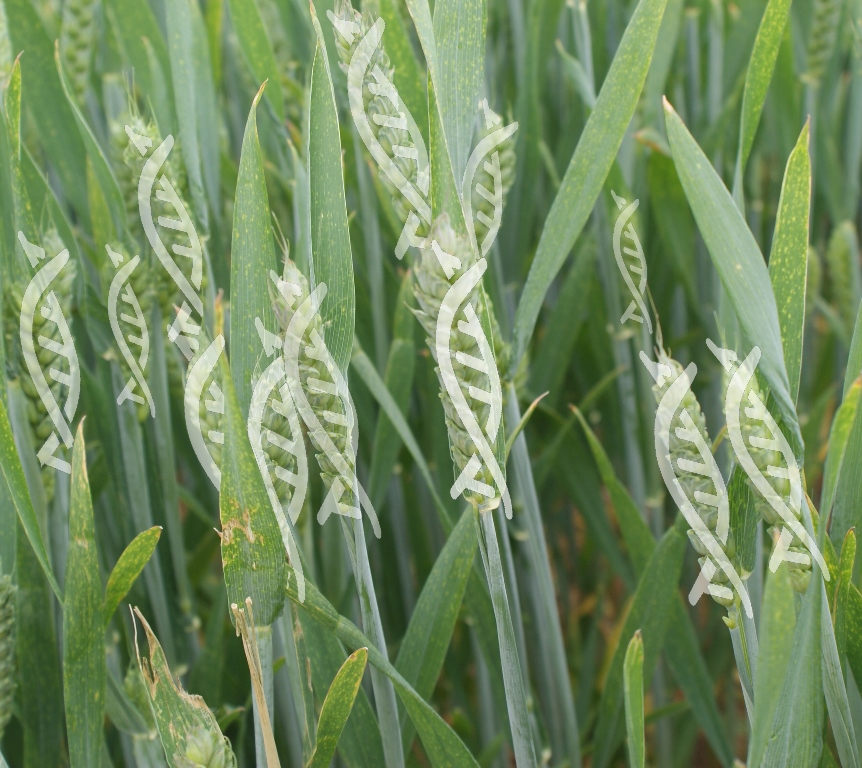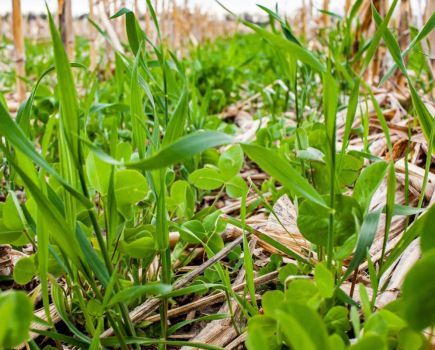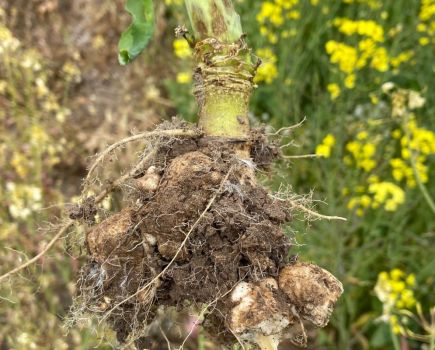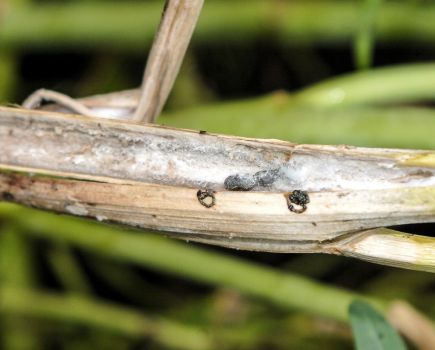A consultation on gene-editing was launched in the New Year which may have a significant impact on crop production. CPM brings together views.
Now that we have left the EU, we are free to make coherent policy decisions based on science and evidence.
By Tom Allen-Stevens
The government has launched its long-awaited consultation on the regulation of genetic technologies. But the issue may have divided the nation and has raised questions over trade with the EU and co-existence.
“Techniques such as gene-editing (GE) are really a natural evolution of conventional approaches to plant breeding,” stated Defra Secretary of State George Eustice in his address at the Oxford Farming Conference last month.
“What we are now able to do through these techniques is to more accurately move traits within the same species in a way that could happen naturally and which therefore respects the rules of nature. It gives us the power to evolve plant varieties with particular traits far faster than was ever possible with conventional breeding and this opens up huge opportunities to change our approach and embrace sustainable farming.”
A ruling by the Court of Justice for the EU (CJEU) two years ago classed as genetically modified organisms (GMOs) new plant-breeding technologies (NPBTs) such as cisgenesis and new forms of mutagenesis including GE. “The CJEU judgement was based on legal interpretation, not on science. The UK opposed the judgement,” said George.
“Now that we have left the EU, we are free to make coherent policy decisions based on science and evidence.”
But devolved parliaments in Scotland and Wales take a different view on NPBTs. Scottish rural economy secretary Fergus Ewing said the consultation was a pre-emptive move when the EU is currently reviewing the CJEU decision. “Rather than pick a fight it’s more prudent to work with them,” he said.
Welsh Assembly environment minister Lesley Griffiths said there were concerns over the technology and she was “not reassured” these had been resolved. “But maybe the consultation will address these.”
Northern Ireland Assembly agriculture minister Edwin Poots pointed out the UK and EU already import “vast quantities” of GM crops from places like South America for livestock feed. He said GE technology has the potential to “put farmers in the driving seat” on delivering solutions to critical issues such as climate change.
It’s a benefit picked up by NFU vice president Tom Bradshaw, who welcomes the consultation. NFU members should have the choice to access the best tools available to farm sustainably, he said.
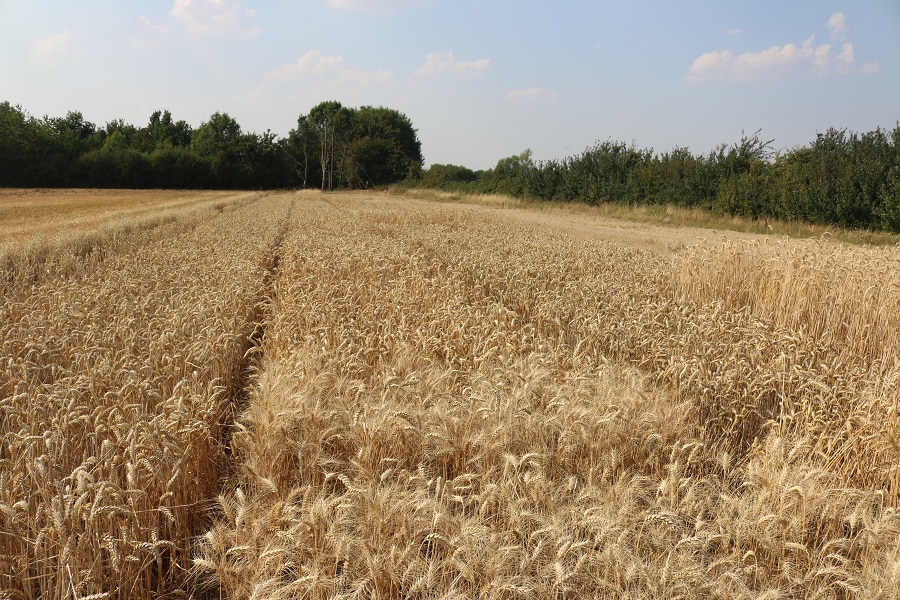
Read more about gene-editing: Future wheats – The threshold before the leap?
“New biotechnologies are also enabling the development of foods with much more direct benefit to the public, such as healthier oils, higher vitamin content and products with a longer shelf life.”
But GE products cannot be used in organic farming, noted Helen Browning, CEO of the Soil Association during a Green Alliance webinar on the subject. “The issues around co-existence and liability still haven’t been resolved,” she said.
The technology risked diverting attention from problems such as soil health that suffer from lack of research, she added. “We shouldn’t use gene-editing to find a fix to agricultural problems – it should be regulated in such a way that it doesn’t encourage poor agricultural practice.”
But Alex Smith, chair of Food and Drink Federation organic committee and a vocal anti-GM campaigner said the tide of opinion on GE had now changed and approval was “inevitable”. Writing in The Grocer, he warned: “if the organic sector overtly opposes GE it is likely to be demonised by the press and marginalised by policymakers.”
FDF’s chief scientific officer Kate Halliwell said the federation was generally supportive of the technology and the benefits it could bring. “But we do have concerns for what this will do for trade with the EU, not just within the organic sector.”
Concerns that no criteria had been set over what is meant by “natural” have been raised by director of GM Freeze Liz O’Neill. She pointed to evidence of “off-target effects” from techniques such as CRISPR which could have “unintended consequences”.
Unlike GM, GE material cannot be tested to determine if it was GE, and intellectual property issues have not been addressed, she added. “If GE mimics what happens naturally, then surely the technology can’t be patented?”
Defra chief scientist Prof Gideon Henderson said that conventional selective breeding is just as likely as GE to result in unintended consequences and the criteria around what is natural is one of the issues the consultation addresses.
“There are opportunities to accelerate the process of breeding in resistance of crops to important pests and diseases. In sugar beet for example, it can take ten years to breed in resistance to virus yellows conventionally, while as little as two years with GE.”
Ian Munnery of plant breeder SESVanderHave UK said NPBTs would add “flexibility and agility” to breeding programmes which would at least halve timescales to bring new traits to market. GE would enable breeders to build more durable resistance into varieties without compromising traits such as yield and suitability to early sowing, he said.
But he warned against introducing an extra tier of regulation. “We have systems that already check for varietal integrity that work very well in the UK’s National List and the EU’s Common Catalogue. The risk of over-regulating is that you add cost, which erodes all the benefits,” he pointed out.
- The consultation closes on 17 March. To submit your views, go to defra.gov.uk and search for gene-editing.
What is a GMO?
This lies at the heart of the debate on NPBTs. Under EU law, any process that involves the introduction of foreign DNA or RNA classes the resulting product as GMO. But there are a number of ways through which a plant can undergo a genetic change:
Transgenesis is where DNA from another species has successfully been combined into the genome of the host plant. This confers a new trait, such as herbicide tolerance or longer shelf life. These organisms are universally classified as GM.
Cisgenesis is a term used by some scientists who argue for light-touch regulation, where DNA is artificially transferred between organisms of the same species, such as from a wild relative to an elite potato variety to confer blight resistance. In Europe at least this is still classified as GM as nucleic acid sequences must be isolated and introduced using the same technologies that are used to produce transgenic organisms.
Mutagenesis is a change or edit in the plant genome that confers a new trait. Such mutations occur naturally every day, when a plant comes under stress, for example, or it can be induced through human intervention. A small change in the genome may switch off the activity of a particular gene which allows or inhibits a property, and it’s these phenotypical changes breeders have sought out for generations to progress their lines.
Is it natural?
For decades, scientists have induced mutagenesis to bring about new traits, using chemicals or radiation, and the Clearfield trait is an example. More recently, more precise gene-editing techniques such as CRISPR-Cas9 have been introduced. CRISPRs are short RNA sequences introduced into the host plant that recognise a specific stretch of genetic code. Cas9 enzymes partner these sequences and cut the host DNA at specific locations.
The cell tries to repair the damage, and that’s when the mutation occurs. By using different enzymes and techniques, researchers can deactivate or alter – edit – specific parts of the genome, thereby conferring traits. Scientists argue the genetic edits are simply a precise and predictable way of inducing a change that could have occurred naturally. But under EU law, the introduction of foreign RNA, even though the RNA is not present in the final plant material, classes current forms of CRISPR as GMO.

